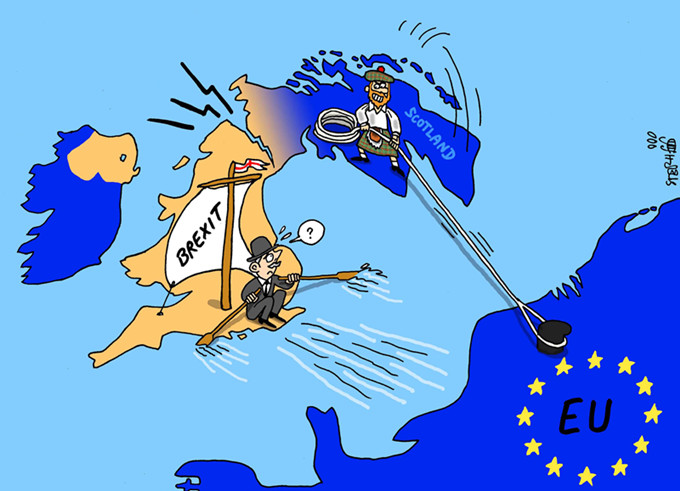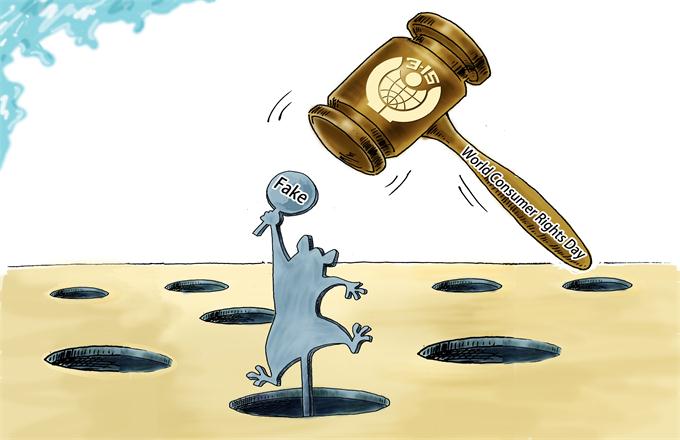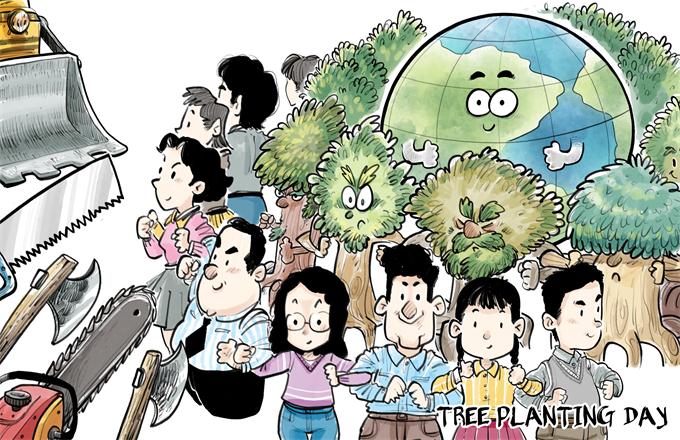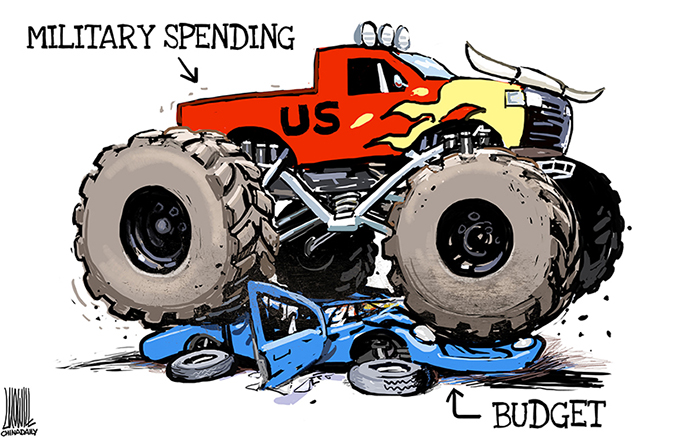Waste dumping becoming difficult
A recent United Kingdom environment authorities document says the country exports 12 million tons of waste products to developing countries such as China, India and Indonesia every year, of which about 2 million tons are dumped on China, says an article in Guangzhou Daily. Excerpts:
Many developed countries have for long been dumping waste products on developing countries. United States International Trade Commission figures show that China's waste imports from the US increased from $740 million in 2000 to $11.54 billion in 2011.
Large amounts of e-waste and medical waste have been dumped on developing countries in the name of "poverty relief and donation" programs. Although companies in developing countries have made high profits from recycling the dumped waste, the resultant environmental damage has been alarming. A large part of such waste ends up in landfills without being treated. As a result, toxic chemicals from non-biodegradable e-waste and plastic waste seep into the soil and contaminate the underground water table, and the ultimate victims are the people.
The UK generates 27 million tons of household waste a year, and the cost of garage collection and disposal in the UK is about 2.6 billion pounds ($4 billion). So exporting domestic waste to developing countries makes business sense, because it helps British waste management companies to save huge amounts in garbage disposal fees and instead make profit from selling them overseas.
Ironically, developed countries such as the UK emphasize the importance of environmental protection but don't think twice before transferring their domestic environmental problems to developing nations.
But with awareness against waste dumping increasing in developing countries, especially China, it's getting more difficult for developed countries to export waste to China, according to the UK-based Daily Telegraph.



















